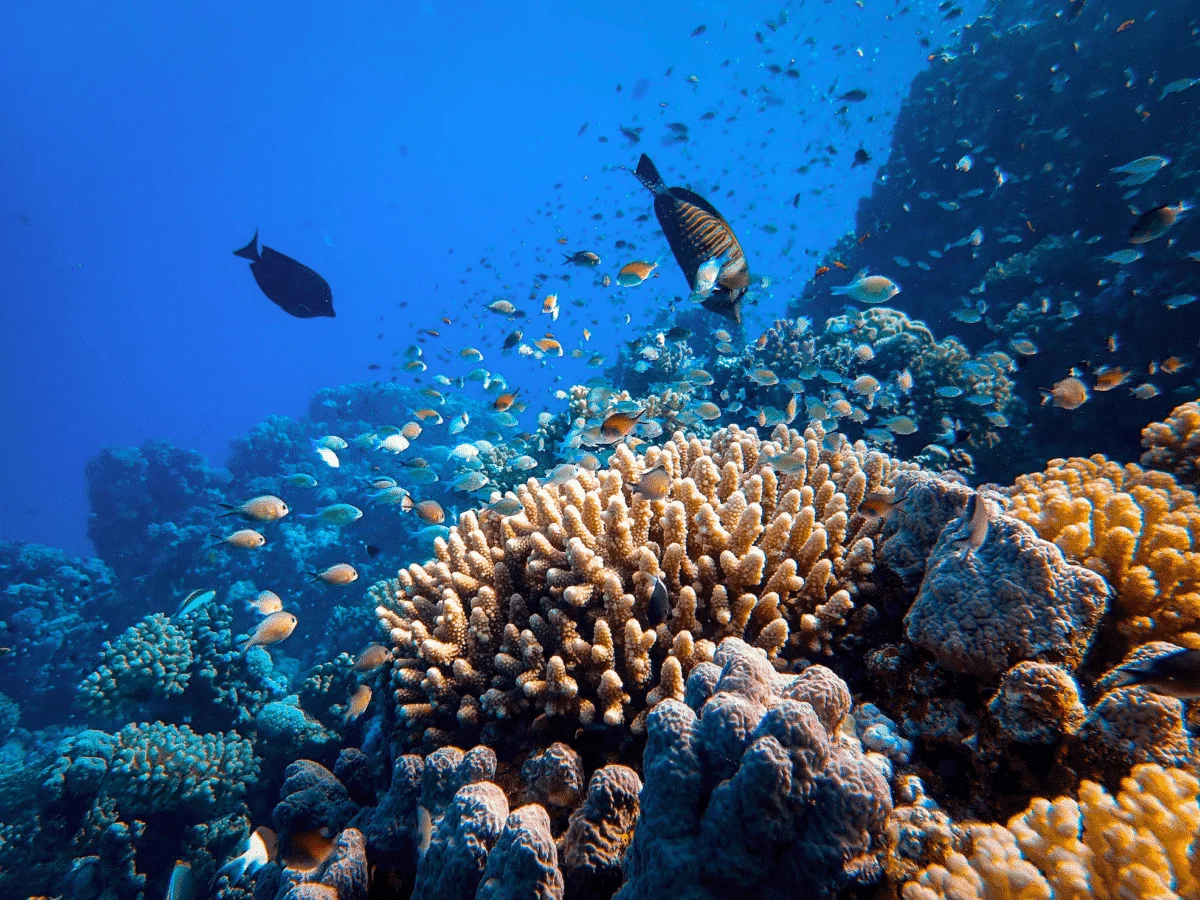Coral reefs, as some of the most incredible ecosystems on Earth, are home to various marine life, from tiny fish to large predators like sharks and sea turtles.
Also, coral reefs provide a wealth of ecological, economic, and cultural benefits, including protection from storms, food and income for local communities, and opportunities for tourism and recreation.
Of all the coral reef systems in the world, the Great Barrier Reef stands out as the largest and most expansive system. Located off the coast of Australia, this remarkable ecosystem spans over 2,300 kilometers (1,430 miles) and is home to an estimated more than a thousand fish species, hundreds of coral, and an assortment of other marine species.

Want to jump ahead? Click below
Coral Reefs: What Are They?
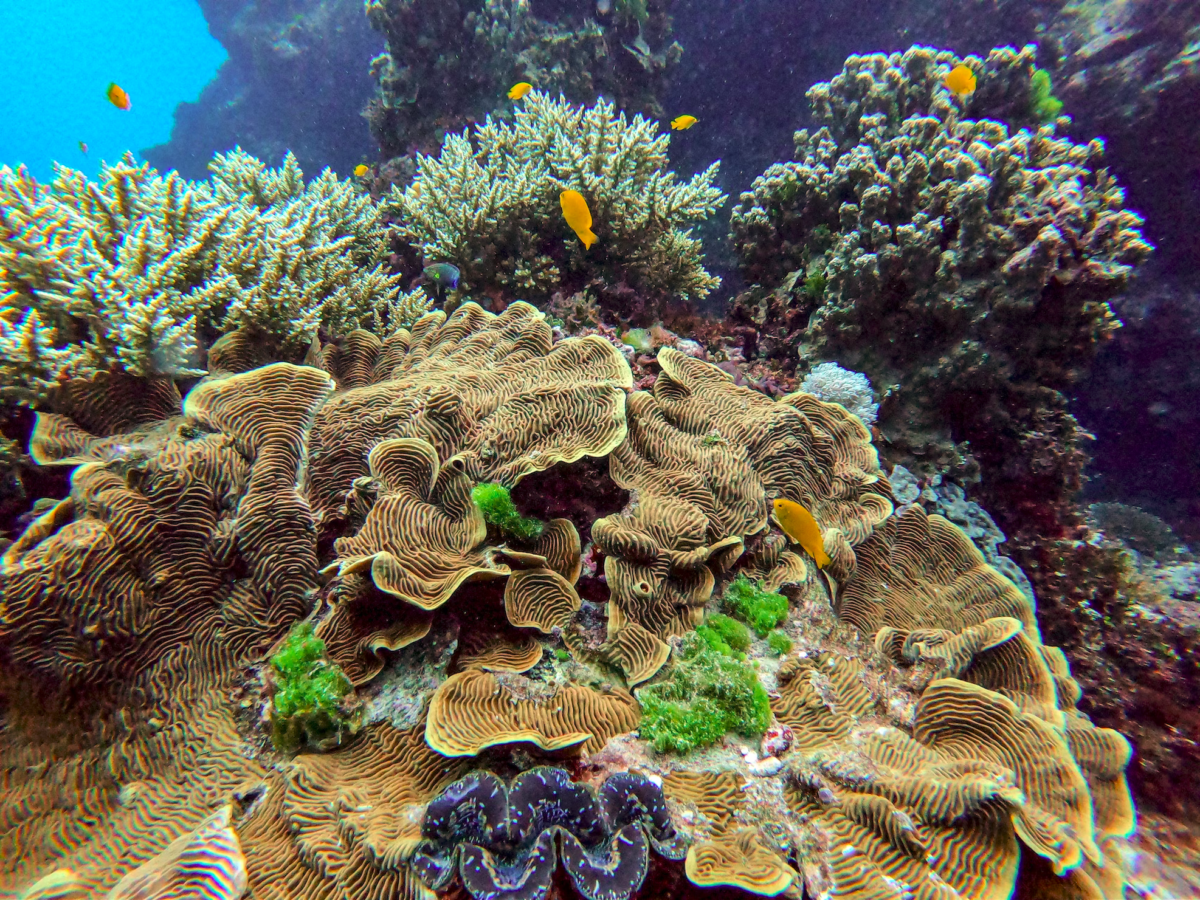
These ecosystems are underwater habitats constructed up of a multiplicity of organisms called ‘polyps’, which are tiny creatures associated with jellyfish and sea anemones. These polyps secrete a hard, limestone skeleton around their soft bodies, which provides the structure for the coral reef.
Over time, as more and more polyps build their skeletons on top of each other, a complex and diverse ecosystem of corals, fish, invertebrates, and other marine life forms.
Coral reefs best inhabit warm, shallow waters worldwide, particularly tropical regions. They are some of the most biodiverse ecosystems on the planet, home to many marine species, including fish, sharks, rays, sea turtles, and invertebrates like sea stars, crabs, and mollusks.
In addition, coral reefs provide food and income for millions of people through fishing and tourism, and they have cultural and spiritual importance for many indigenous communities.
Unfortunately, these ecosystems are currently facing countless threats, including pollution, ocean acidification, climate change, and overfishing.
Thus, there has been a substantial drop in coral reef health, which has put many marine species at risk. However, many efforts are underway to protect and conserve these vital ecosystems, which we’ll explore in more detail later in this article.
The Great Barrier Reef (GBR): The Most Expansive Coral Reef Ecosystem
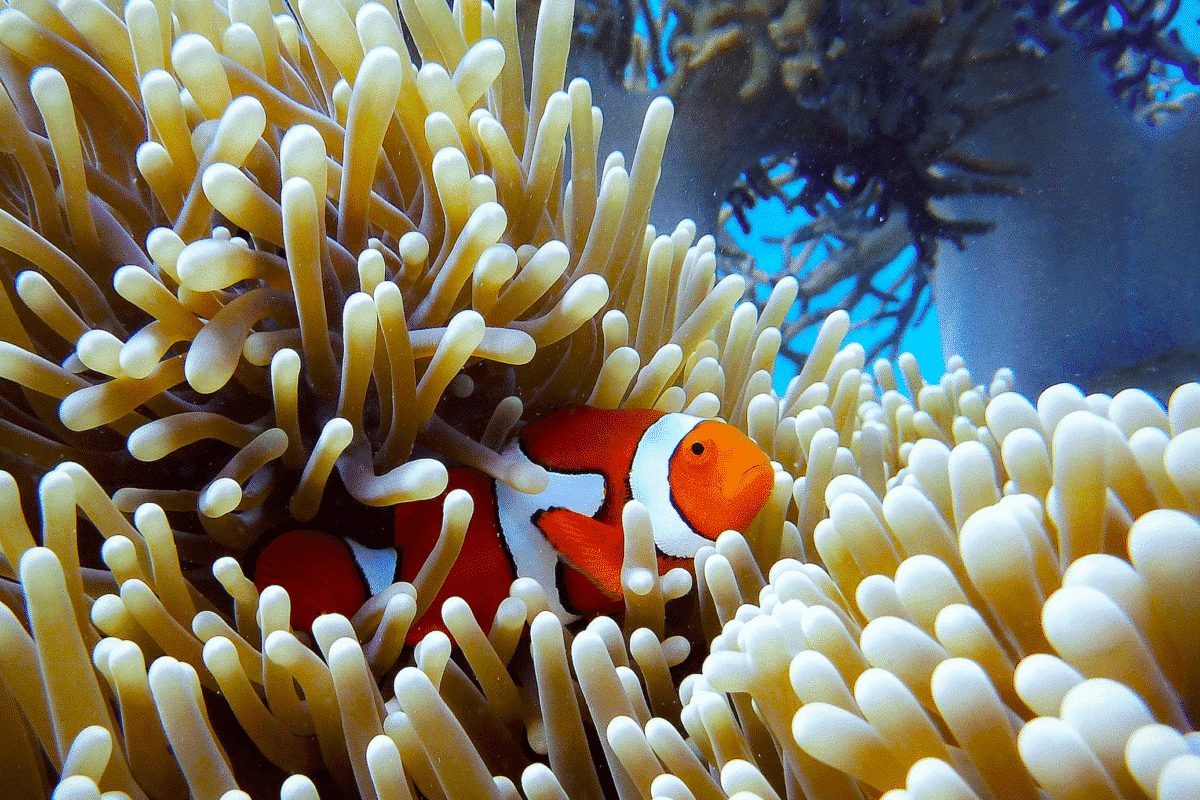
The Great Barrier Reef is, as you may have known, the largest ecosystem in the world, stretching over 2,300 kilometers (1,430 miles) along the northeastern coast of Australia. This incredible natural wonder comprises over 2,900 individual reefs and hundreds of islands and cays.
This reef is home to an extraordinary diversity of marine life, including hundreds of hard and soft coral species and thousands of other marine species (specifically fish, which number more than fifteen hundred), from sea turtles and dolphins to sharks and whales.
Moreover, the coral reefs become essential breeding grounds for many marine species, including dugongs and green sea turtles.
Despite its size and importance, the Great Barrier Reef faces several threats, including climate change, ocean acidification, pollution, and overfishing.
This has led to an overall decrease in coral health and an increase in coral bleaching events, where coral expels the symbiotic algae that give them their color and ultimately die if not recovered.
Climate change itself is causing massive problems through the acidification of the oceans, which is in turn making it problematic and impossible for coral growth. Additionally, human activities like fishing and coastal development are also impacting the health of the reef ecosystem.
Still, many people, organizations, and countries are attempting to directly face and overcome these threats by facilitating conservation efforts.
The Australian government has multiple management plans and regulations to protect the reef, including limits on fishing and tourism activities in certain areas. There are also ongoing research and monitoring programs to assess the reef’s health and track changes over time.
A lot of planning and work still needs to happen to ensure the long-term survival of this remarkable ecosystem. But with continued attention and action, there is hope and a chance for the survival of the reed and the countless species that call it home.
Learn more about this incredible Ecosystem here!
Other Expansive Coral Ecosystems
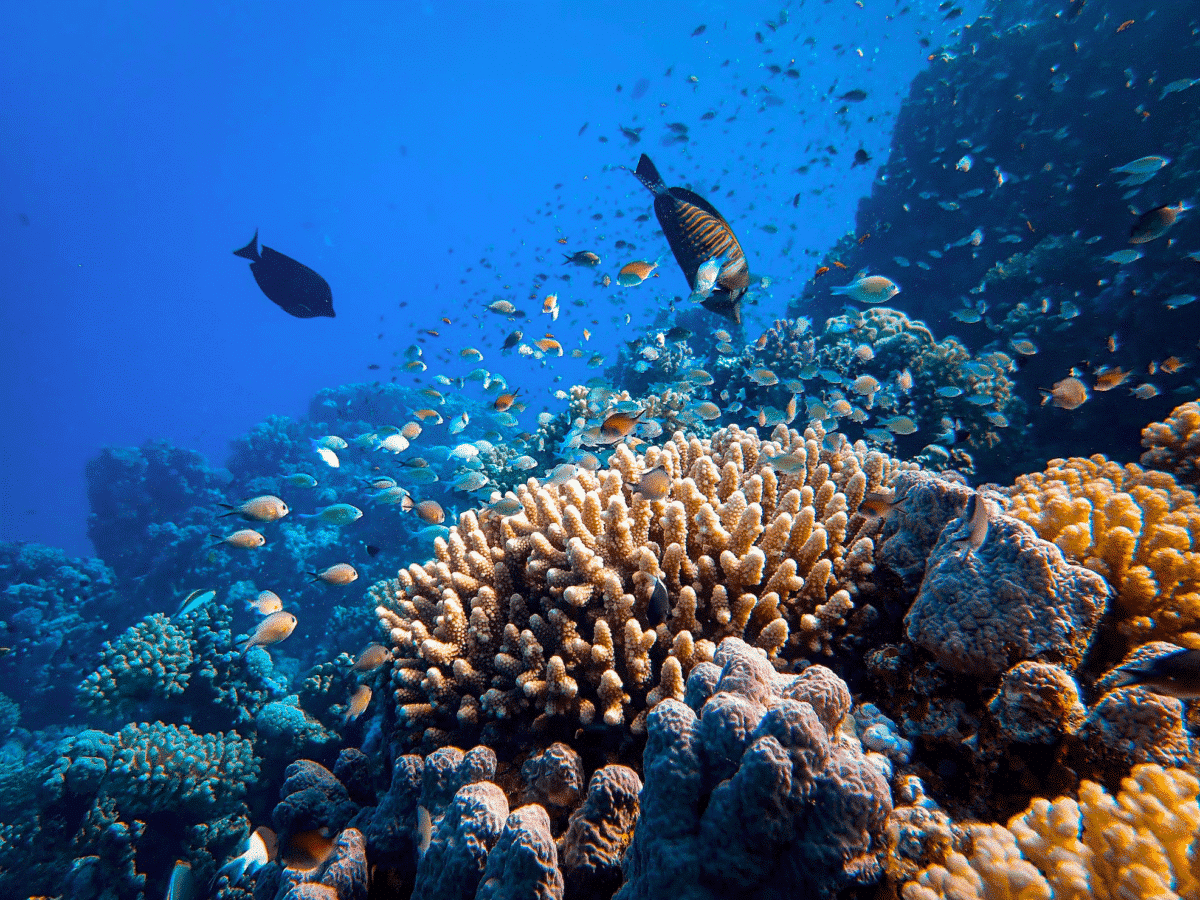
While the Great Barrier Reef is the largest and most well-known coral reef ecosystem in the world, there are many other large and important reef systems around the globe. Here are a few examples:
- Coral Triangle: This refers to a huge area of the West Pacific Ocean. It includes portions of Indonesia, Malaysia, the Philippines, the Solomon Islands, Papua New Guinea, and Timor-Leste. It is home to the world’s highest diversity of reef-building corals and a wealth of other marine life.
- New Caledonia Barrier Reef: This reef surrounds the French territory of New Caledonia in the southwestern Pacific Ocean and is home to a wide variety of marine species, including several endemic endangered species which call this coral reef home.
- Mesoamerican Reef: The Mesoamerican Reef is the largest in the west, measuring over 1,000 kilometers (620 miles) from Mexico to Honduras. More than 500 species of marine creatures live here, including fish, sharks, sea turtles, and other marine life.
- Red Sea Coral Reef: The Red Sea Coral Reef is a unique coral reef system located between Egypt and Saudi Arabia in the northern part of the Red Sea. It is home to over 200 hard and soft corals species and a diverse array of fish and invertebrates.
Like the Great Barrier Reef, these coral reef ecosystems face various threats, including climate change, ocean acidification, pollution, and overfishing.
However, many efforts are underway to protect and conserve these vital ecosystems, including establishing marine protected areas, sustainable fishing practices, and education and awareness campaigns to reduce human impacts on these delicate ecosystems.
You can find more about Oceana’s take on Coral Reefs as an organization created to help the oceans.
The Importance of Coral Reef Ecosystems
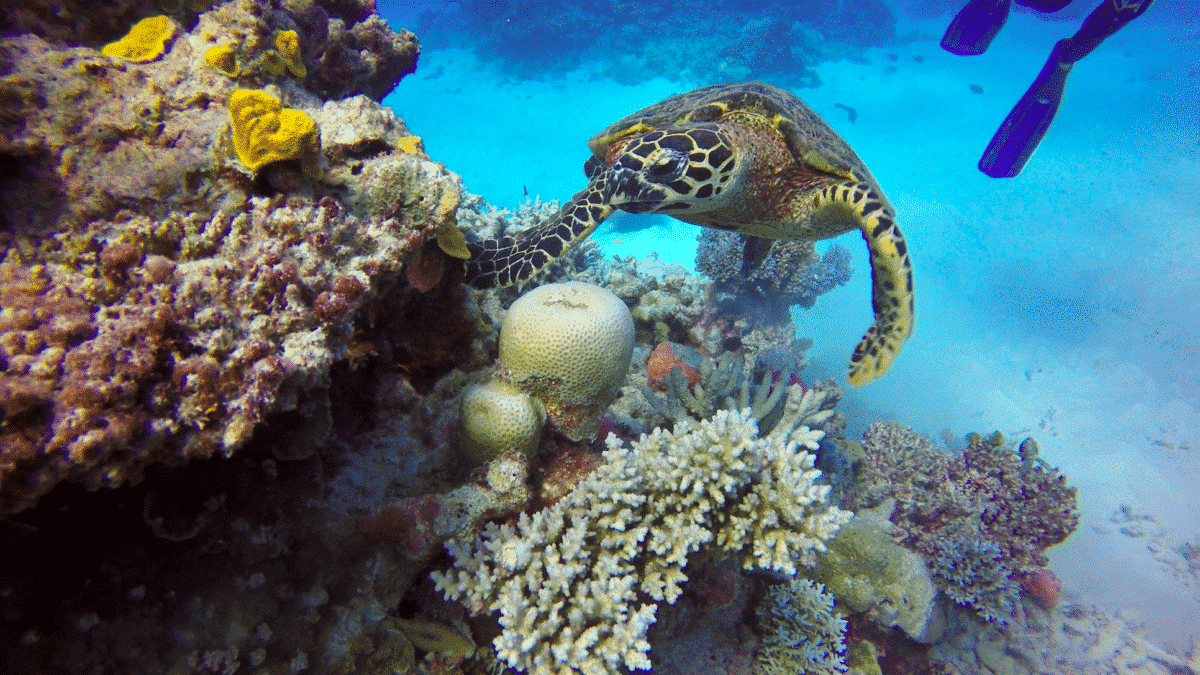
- Biodiversity: Coral reefs are quite a few of the most biodiverse ecosystems currently. They are providing a home to so many species that make up marine life in the areas.
- Protection: As natural barriers, Coral Reefs shield coastlines from damage from massive storms and overall erosion. They also absorb the energy of waves, reducing the impact of storms and preventing damage to nearby human communities.
- Fisheries: Coral reefs support important commercial and subsistence fisheries that produce food. In fact, coral reefs approximately provide food for over 500 million people globally.
- Tourism: These ecosystems entice millions of tourists year-by-year, creating tourist destinations, scuba-diving systems, and related tourist cultures. This tourism generates billions of dollars in revenue and supports local economies.
- Medicines: Coral reefs are a rich source of natural compounds. They can potentially be used in developing new medicines to treat various diseases, including cancer and Alzheimer’s.
Protecting Coral Reefs
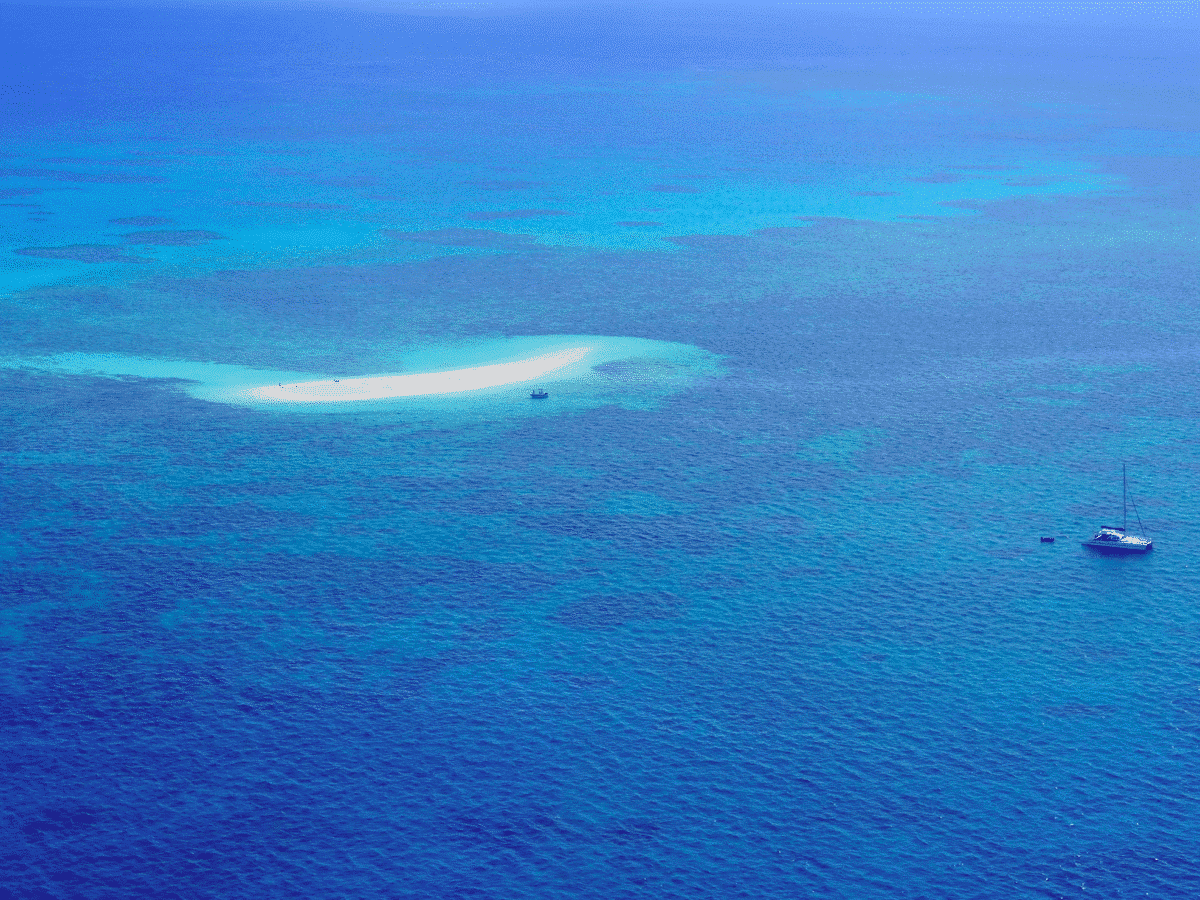
- Minimize carbon emissions: We can help to reduce this. The threat of climate change to reef systems by reducing our carbon emissions. Additionally, transitioning to clean energy sources like wind and solar power.
- Reduce pollution: Pollution tends to devastate reefs. We can help to reduce this threat by properly disposing of waste. Furthermore, reducing our use of single-use plastics, and supporting policies that promote clean water.
- Practice sustainable fishing: Overfishing can seriously impact coral ecosystems by reducing fish populations and disrupting the ecosystem’s delicate balance. We can help to protect coral by supporting sustainable fishing practices. Especially ones that promote healthy fish populations and protect the ecosystem.
- Support marine conservation: Marine protected areas, and other conservation efforts can help to protect these reefs. As well as the many species that depend on them. We can support these efforts by donating to conservation organizations. Additionally, participate in beach cleanups and other volunteer activities and support policies that promote marine conservation.
- Educate others: Finally, we can help protect coral reefs by educating others about their importance and the threats they face. Raising awareness and promoting action can help build a future for these valuable ecosystems.
Key Points

| Coral reefs are diverse ecosystems that support a wide range of marine life. |
| The Great Barrier Reef is the largest coral reef system on Earth, spanning over 1,400 miles. |
| Coral reefs are facing a range of threats, including climate change, ocean acidification, and overfishing. |
| Coral reefs provide a range of benefits to humans, including food, tourism, and potential medicines. |
| To protect coral reefs, we can reduce our carbon emissions, reduce pollution, support sustainable fishing practices, and promote marine conservation efforts. |
| Coral reefs are facing various threats, including climate change, ocean acidification, and overfishing. |
Wrapping Up with Most Expansive Coral Reef Ecosystem on Earth
The Great Barrier Reef is an incredible ecosystem and provides a wide range of benefits to both humans and the environment. As the most expansive coral reef ecosystem on Earth, it is truly a wonder of the natural world.
However, the Great Barrier Reef is one of many important coral reef systems worldwide, facing various threats. These include:
- Climate change
- Ocean acidification
- Pollution
- Overfishing
Despite these problems, we can still save these massive ecosystems and the oceans.
By reducing our impact on these ecosystems and promoting conservation efforts, we can help protect them for future generations. You can make a big difference in reducing our carbon emissions, reducing pollution, supporting sustainable fishing practices, or supporting marine conservation measures.
As we continue to explore and learn more about these fascinating and vital ecosystems, it is important to remember that they are beautiful and valuable in their own right and provide essential services to people worldwide. By working together to protect and conserve coral reefs, we can help ensure they thrive for generations to come.
Thanks for following along with me! I hope you enjoyed reading about these two entertaining animals.
Next up in the animal kingdom:
- Bald Eagle Family Expand Their Nest In California - April 24, 2024
- Firefighter Saves Abandoned Kittens Found Cuddling In Hoses - April 24, 2024
- Dolphins Get High Playing Catch With A Pufferfish - April 24, 2024

